FH Piano Blog
Welcome to the FHP blog! Here, you will find short articles on the topics we feel to be most relevant and helpful for parents and students. These posts are primarily geared toward beginning-level musicians. Our aim is to offer insights and tools to help parents and students address the most common challenges of early music study, with the ultimate goal of keeping students engaged with music over many years. Got something specific you'd like us to write about? Shoot us a note and let us know! We'd love to hear from you.
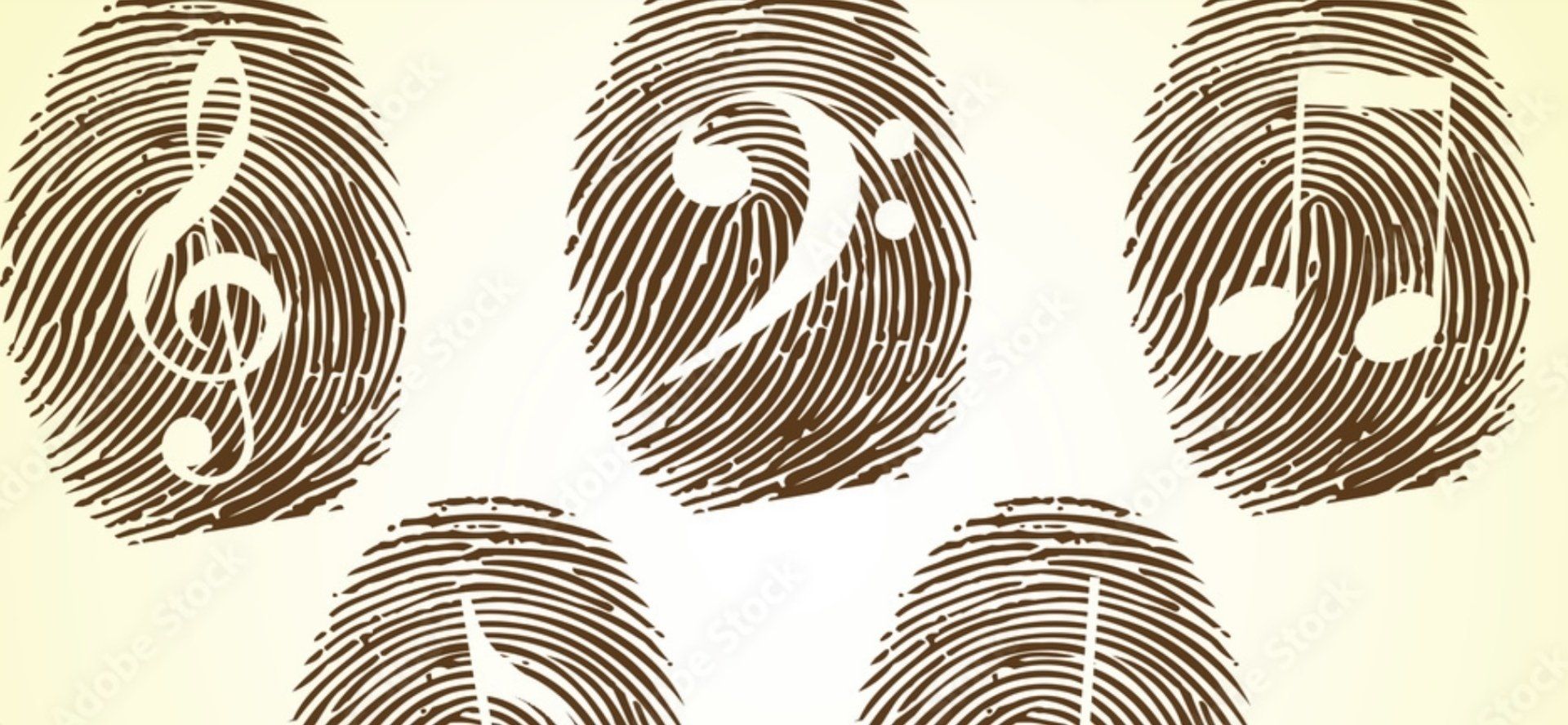
A couple months ago, I opened my mailbox to find a slick flyer advertising a course that promised to teach attendees to play the piano in just a few short hours. The pitch was this: according to the flyer, chords are key to playing piano, so the instructor would teach you a few chords and – voila! You’d be playing your favorite songs that day!
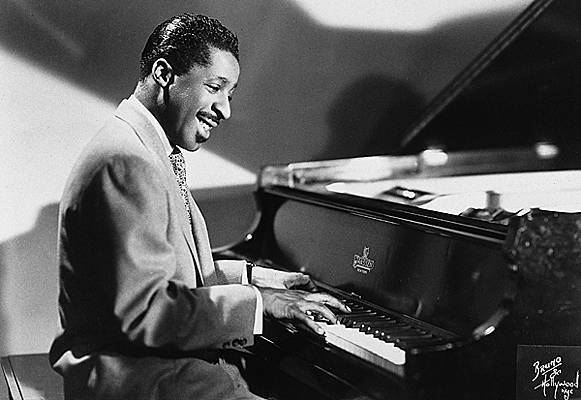
Recently, one of my adult students stood up after his lesson and remarked, “Piano is hard. How do people like Erroll Garner play without taking lessons?” It’s a great question, and one I get from time to time – usually at a particularly challenging moment in the music-learning journey, or after someone has seen a video about a great musician who doesn’t read music. Behind the question is another, unstated one: Is there an easier way to do this?
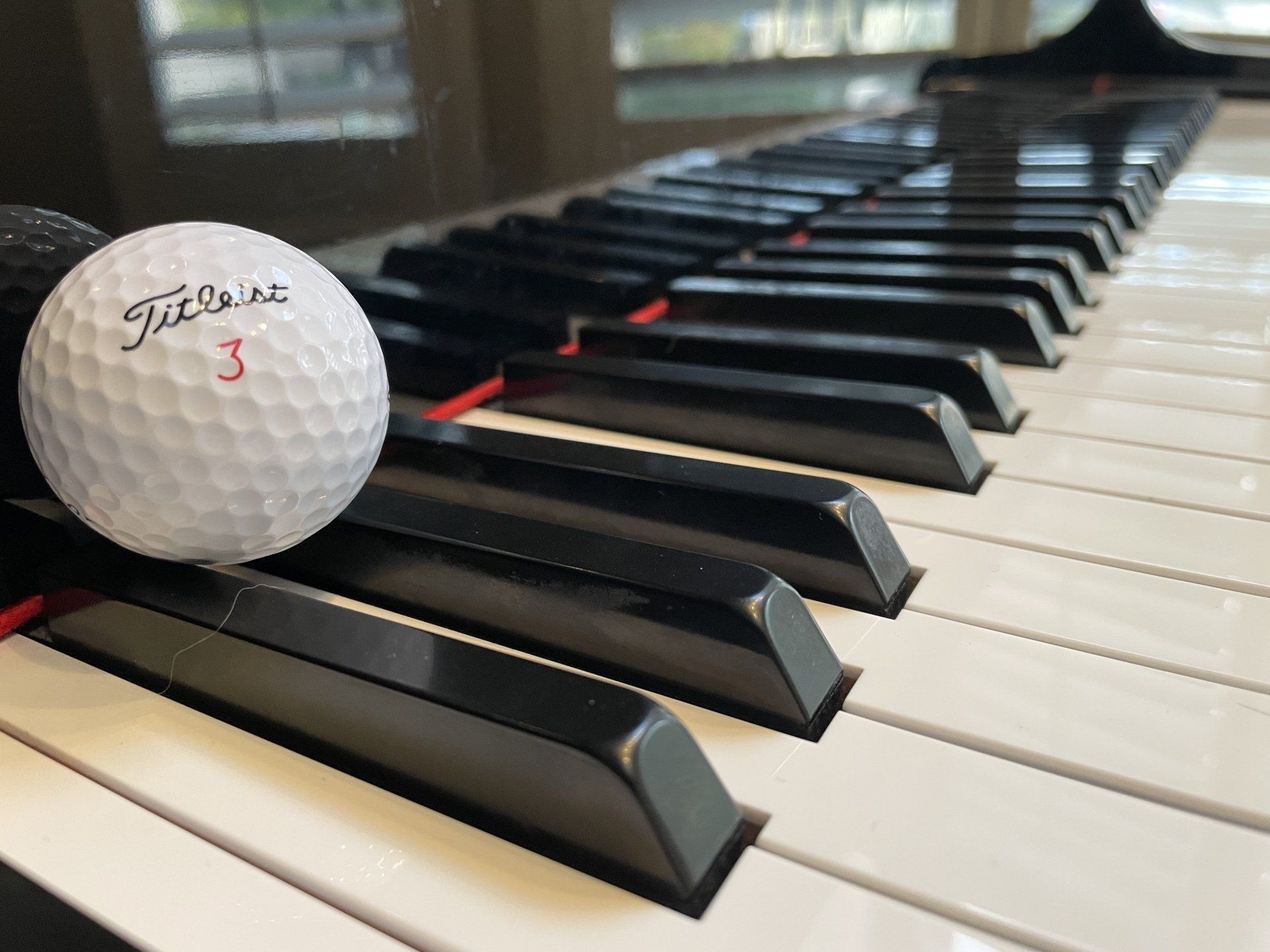
Years ago, a fan watched South African golfer Gary Player hit balls down the fairway. Awed by the golfer’s legendary distance and accuracy, the fan remarked, “I’d give anything to hit balls like that.” Player’s response is memorable: “No you wouldn’t,” he said. “You’d want to hit a golf ball like me if it was easy.”
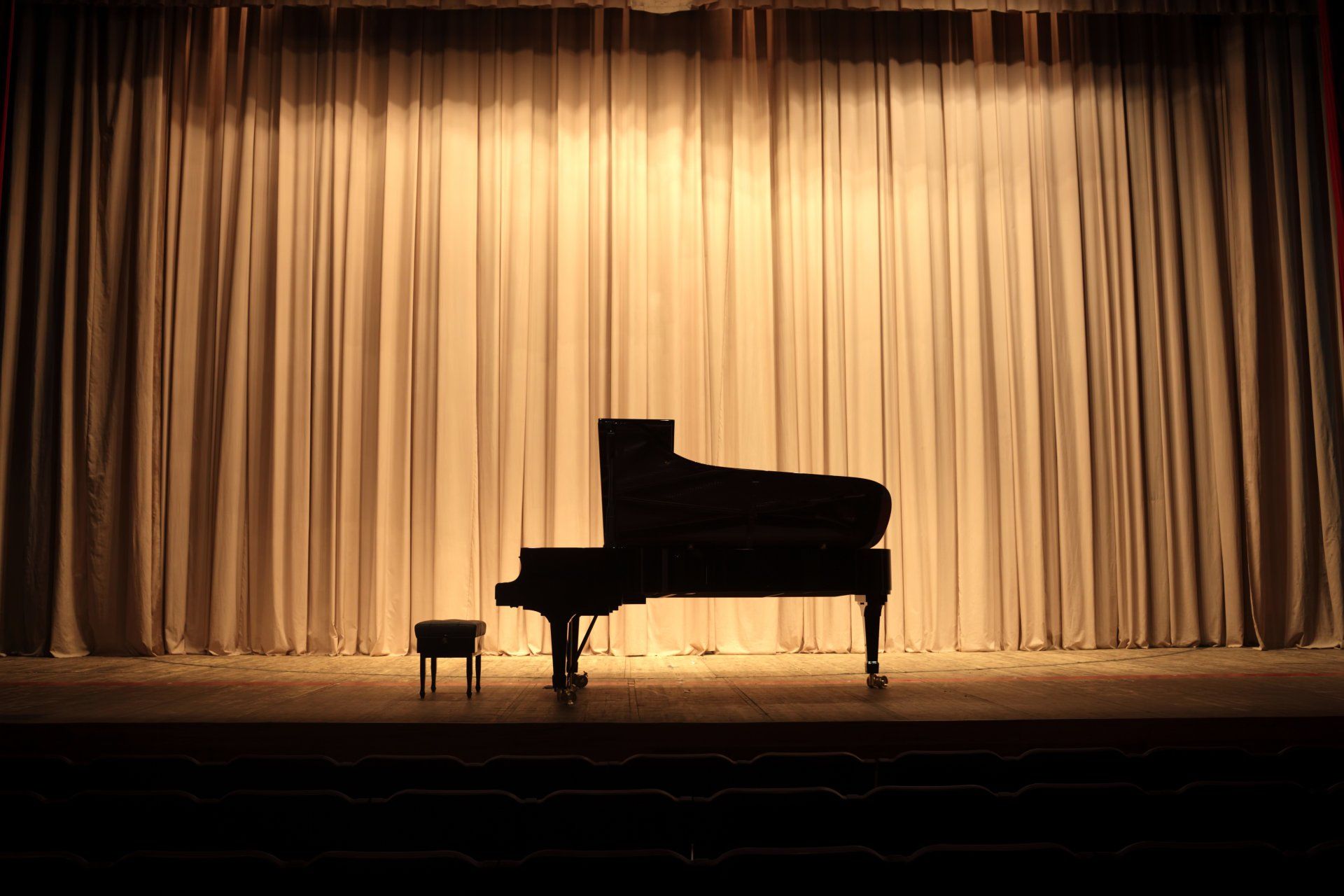
True confession: I used to get so nervous before performing in front of people that I’d feel sick for days. Almost everyone who has played in front of an audience knows what I’m talking about: the swooping stomach, the sweaty and shaky fingers, the racing heart. Why the heck would we put ourselves – or our children – through all that?
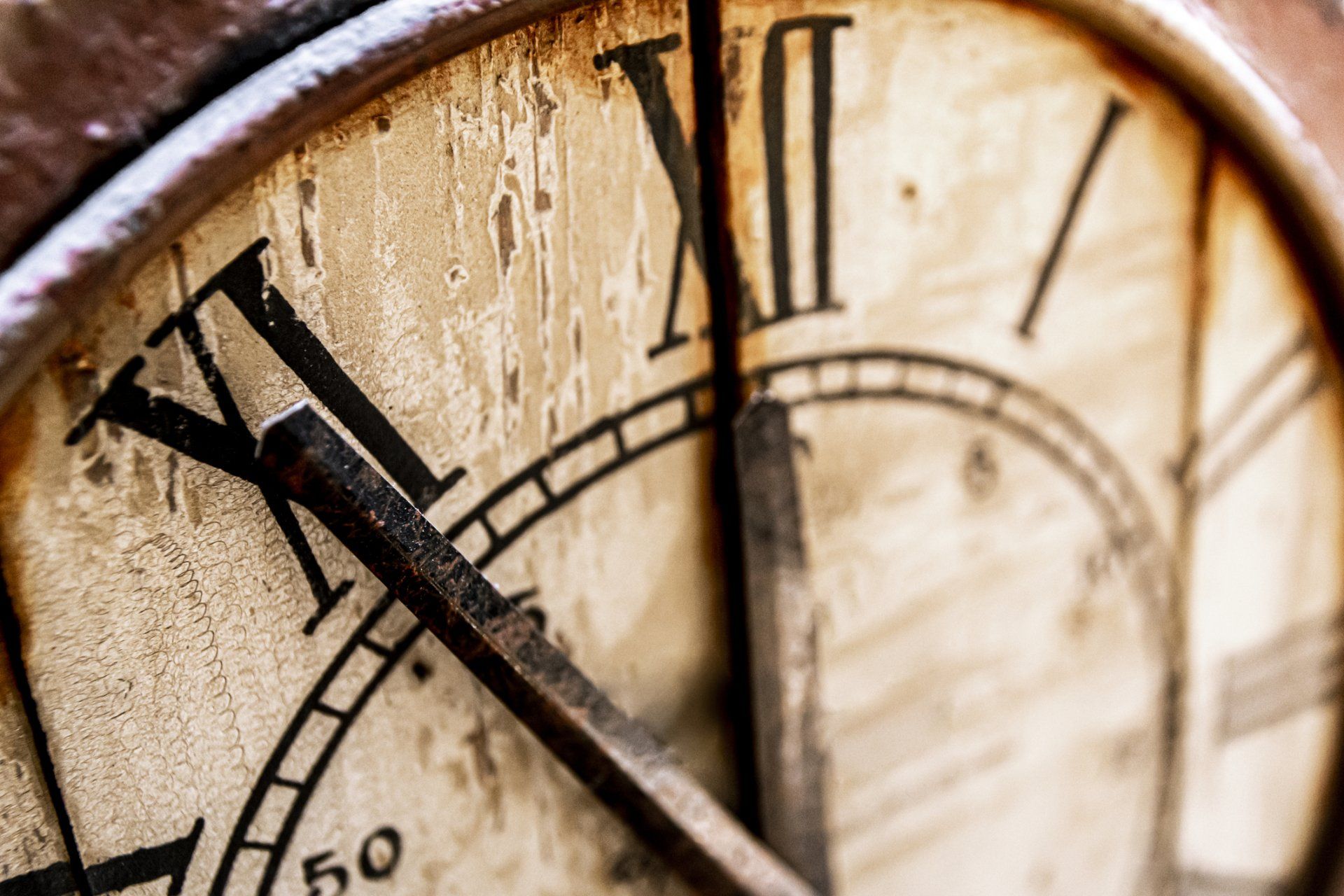
With the school year well underway, the phrase, “I didn’t have any time to practice this week!” is starting to reappear. I’ve always said the hardest part of piano practice is walking to the piano; that’s doubly true when homework, exams, swim meets, extra volleyball practice, etc., collide to create a jam-packed week.
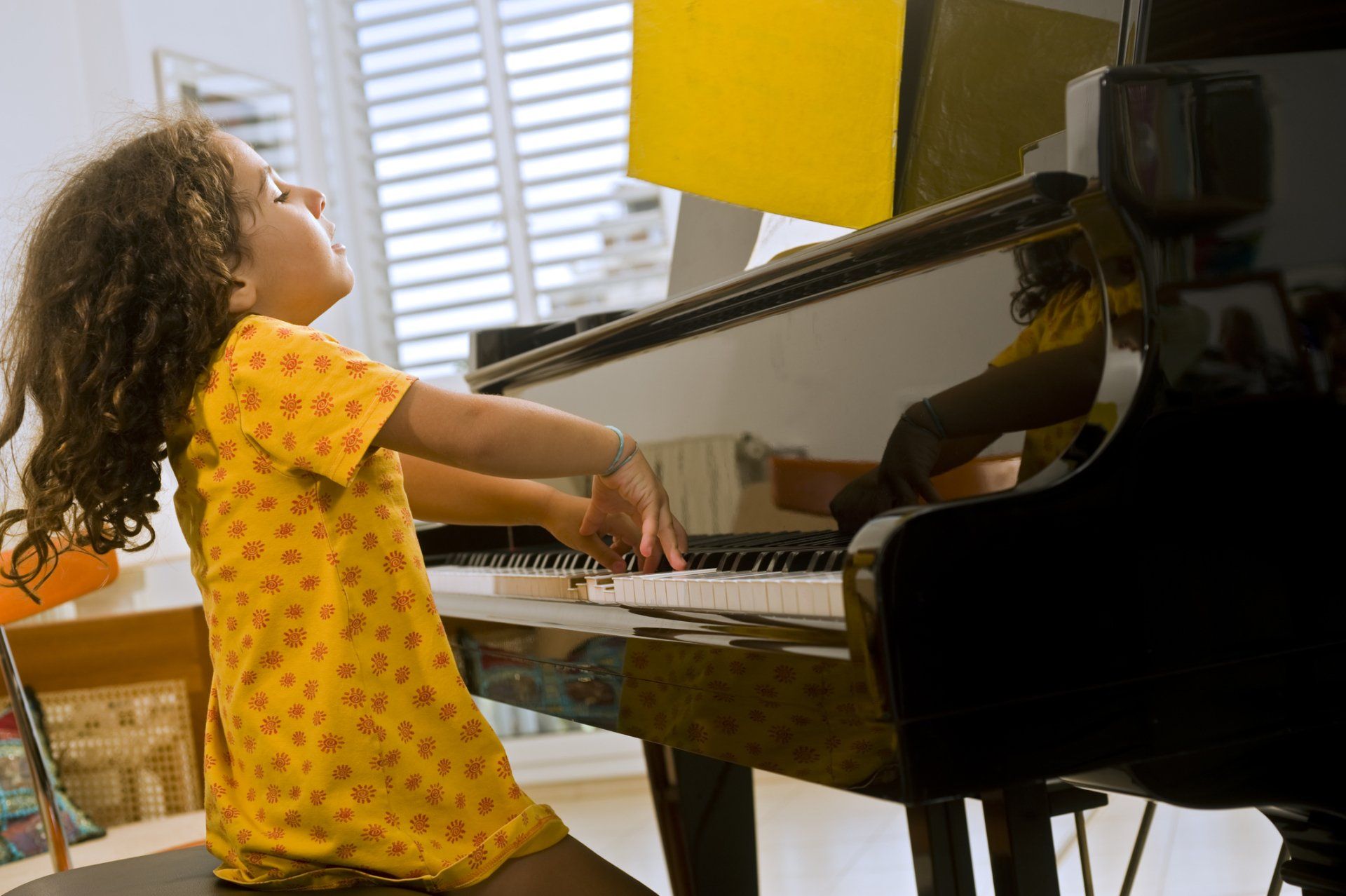
Cal Newport, one of my favorite bloggers, once observed, “Passion comes after you put in the hard work to become excellent at something valuable, not before.” Newport writes about the intersection of technology and culture. But he may as well have been writing about learning an instrument because when it comes to passion for playing music, he nailed it: The joy follows the work.

Several times a week, students arrive at a lesson and tell me, “I had trouble with . . .” or “I couldn’t remember how to do . . . .” When their struggles are with passages we covered the week before, it doesn’t take too much digging to find the root cause of the problem: In most cases, the student didn’t practice on the days immediately following their lesson.
